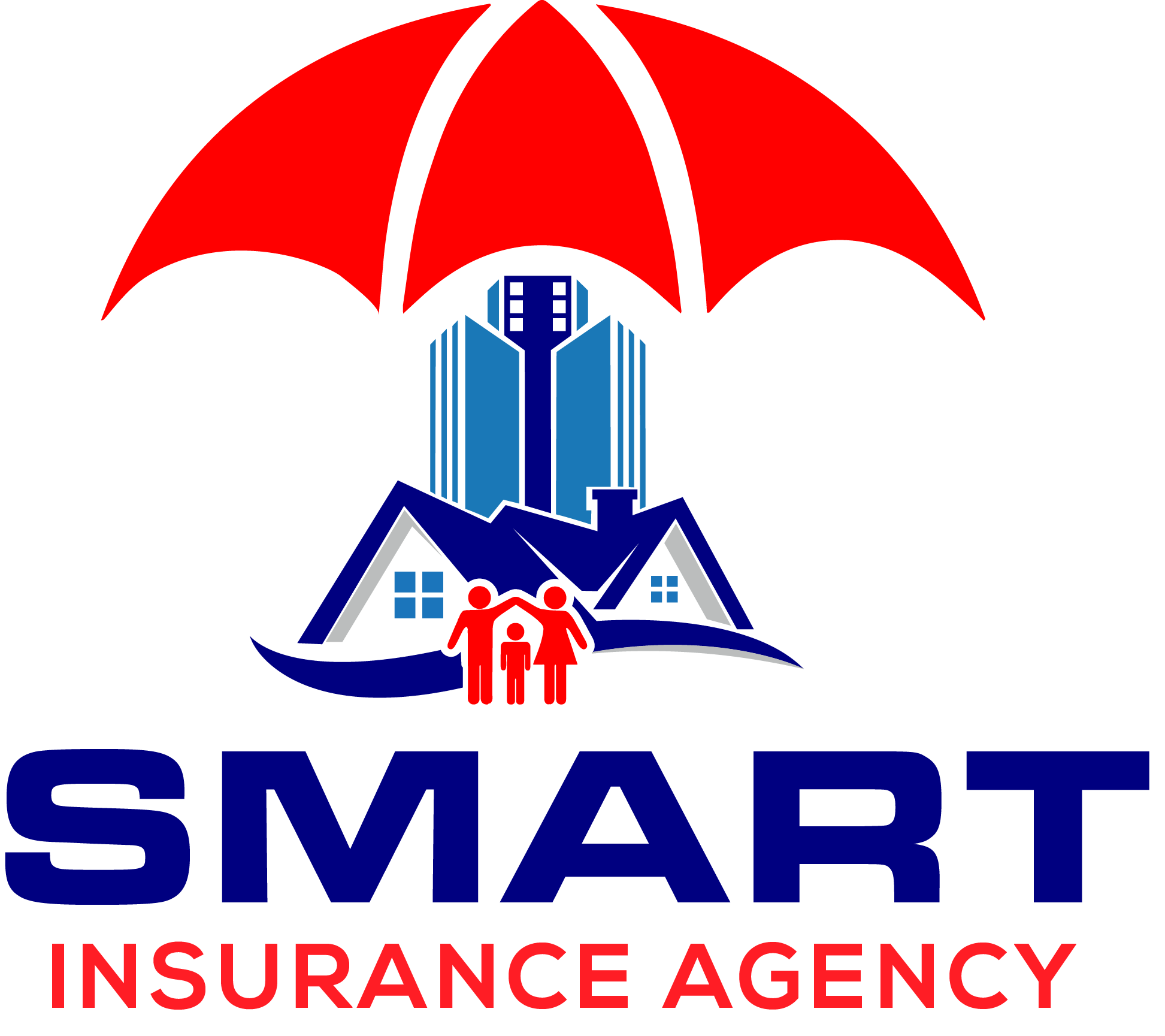A quick guide to understand Landlord Insurance
When considering renting property you own, always start the conversation with your insurance agent first.
There are several factors that play into the right type of coverage you will need to protect your real estate investment.
What is covered?
Landlord Property (structure)
You want to ensure that the property coverage is adequate. In the event you have a total loss due to a covered peril, you want to know that your investment is protected and will be rebuilt at the proper construction rates. Your insurance agent can help evaluate the current cost of construction and propose some viable options.
Landlord Liability
Know your net worth going into becoming a landlord to determine adequate liability coverage. For example, if your liability coverage is $1M, but your net worth is $3M, you don't want to be left vulnerable and expose personal assets if the liability coverage is exhausted on a claim against you.
This portion of coverage will help cover legal fees or another's medical bills if someone is injured on your rental property and it is determined that you are responsible.
Talk your insurance agent to determine the proper liability coverage and the options to protect your assets. In some cases, obtaining a separate liability policy may be necessary.
Loss of Rents/Income
For many reasons, there may be a period of time that you are unable to rent out your property. This could vary from mandatory repairs/renovations to mold remediation. This feature provides temporary rental reimbursement for rents lost during the time the property is uninhabitable.
Be sure to review the coverage and period of time on this category to ensure that your rental coverage aligns with your gross rents to reduce loss of income from your rental property.
What is not covered?
Tenant's personal property
The tenant should carry their own personal property insurance (aka, Renter's Insurance) to cover their personal belongings and their own liability coverage.
Other coverages to consider. Theft, vandalism, medical payments to others, building ordinance and personal injury (this includes coverage for wrongful eviction), Business Liability (this can help with legal defense costs), Flood and Earthquake coverage.
How much does landlord insurance cost?
This will depend on a few factors. Are you planning for long-term or short-term tenants? For example, if you rent your property for less than 12 weeks out of the year, you may have a higher premium due to the occupants short term possession and lack of knowledge of operating the home (e.g., wiring, plumbing etc) and are more likely to cause damages.
Are there high-risk features on the property, such as wood-burning fireplace, swimming pool, hot tubs?
Generally speaking, you can anticipate a landlord policy to be roughly 10%-15% more than a standard homeowner's policy on the same property - according to Stessa.com (a real estate investment tracking site). There are varying factors that you will review with your insurance agent and decide whether to incorporate into your coverage that will determine the pricing.
When is the last time you reviewed your insurance coverage on your rental property?
Fill out the inquiry form below and someone will contact you to discuss a policy review and quote.
How much coverage do I need?
This content is for information purposes only and may not be applicable to all circumstances. Coverage is subject to terms, conditions and a variety of rating factors. Policy issuance is subject to qualifications by insurer underwriter.






